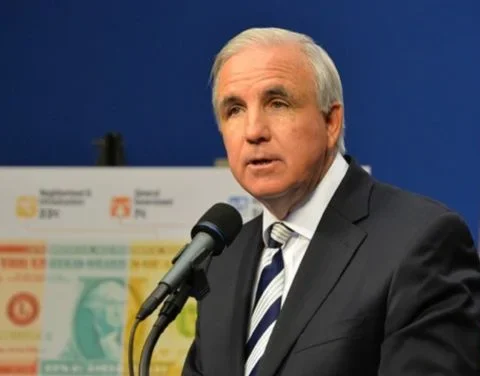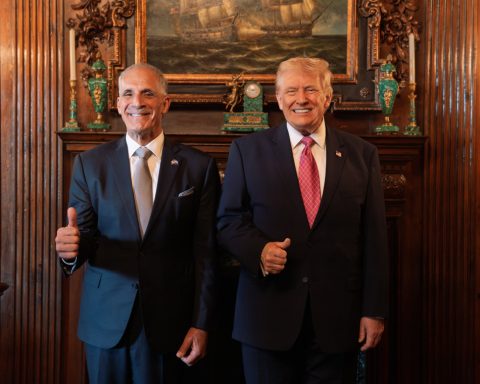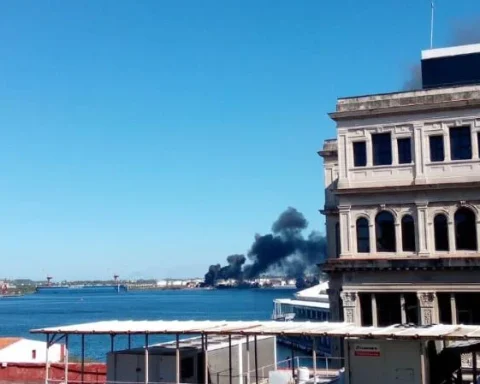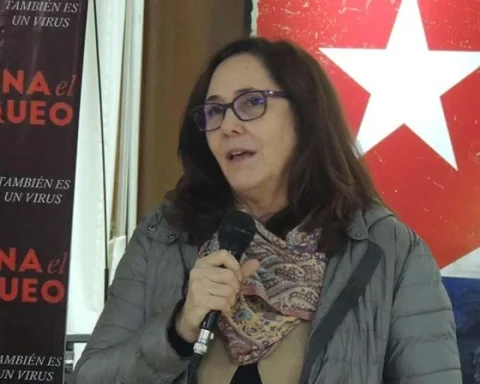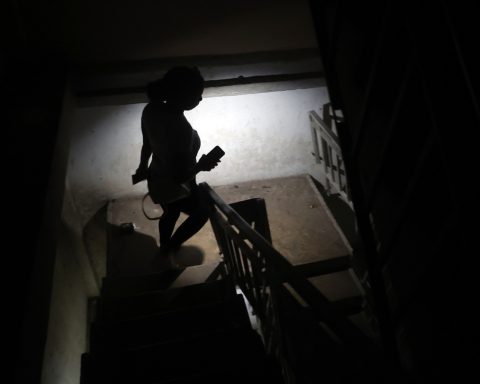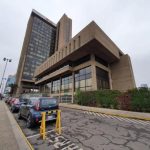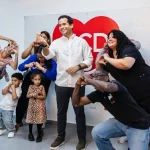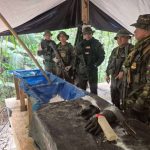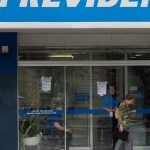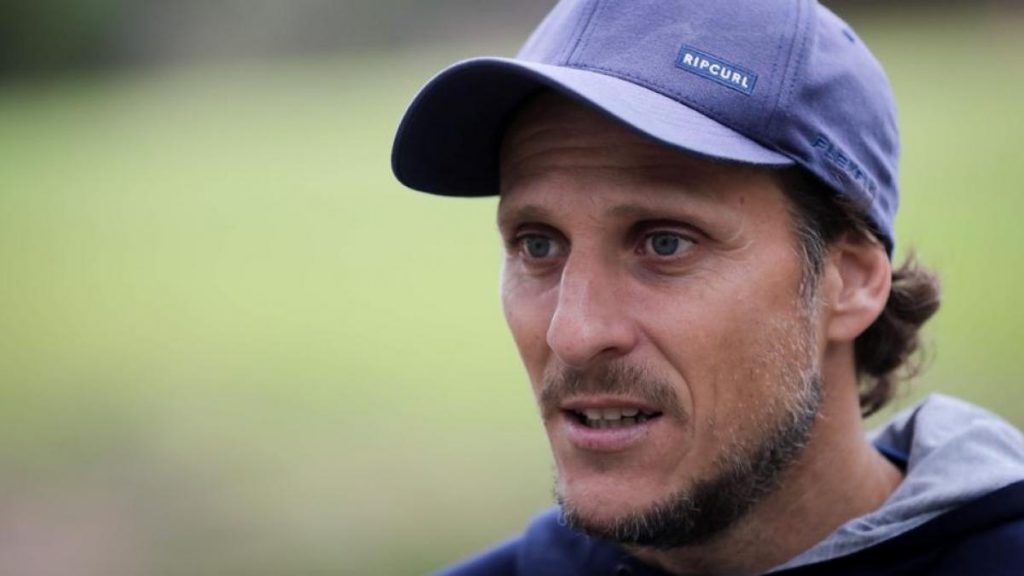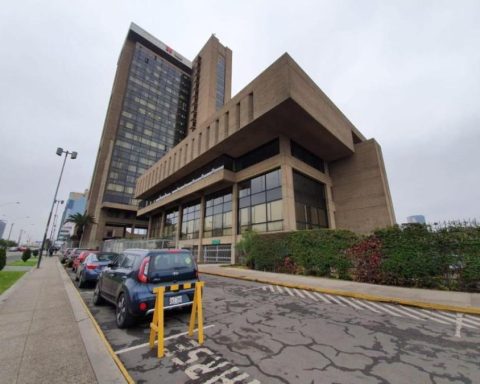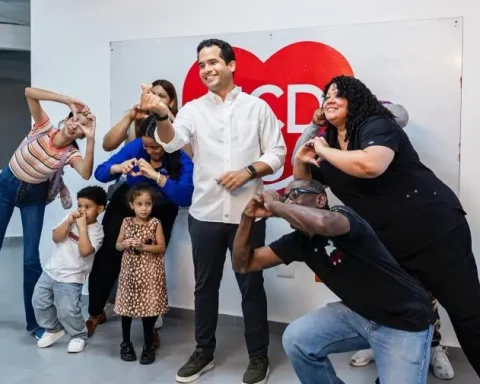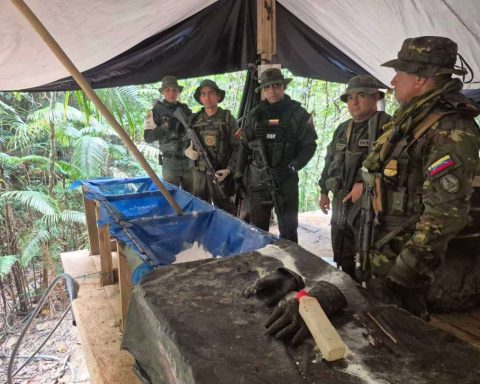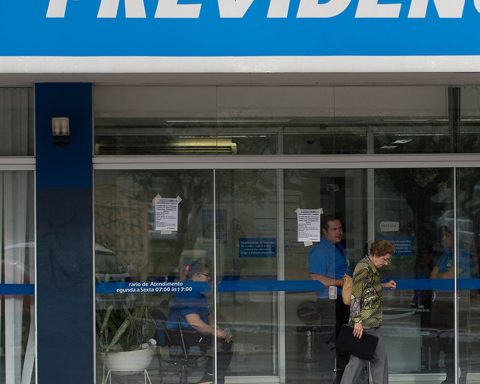The reopening of international borders, the return to the classrooms of primary school students and the coverage of protests that never existed in Cuba, today configure the informational panorama of this Caribbean nation.
During this week, in line with the control of Covid-19 and the arrival of the new normality, the airports resumed their operations and the tourist industry in the territory restarted with almost 20 thousand vacationers, after almost two years of restrictions and stoppage of activity due to the pandemic.
The president of Cuba, Miguel Díaz-Canel, led the central act for the restart of the course for more than 700 thousand students, with whom there are already around 1.7 million disciples who are in 10 thousand 754 educational institutions in the country.
On the same day 15, when the largest island of the Antilles celebrated the new normal, the international media focused their coverage on protests that never existed in the territory, encouraged from abroad with the support of internal political agents.
Foreign Minister Bruno Rodríguez confirmed that the political-communication operation promoted by the United States Government against his country, part of the unconventional war to incite a climate of ungovernability, failed due to popular rejection.
The announced fall of the Internet did not occur in the Caribbean nation and there was no repression, marches and militarization reported by the press, said the foreign minister on his official Twitter account.
In an interview with the AP news agency, he condemned Washington’s instigation and financing, with millionaire funds, of the subversion against the island territory.
“It gives the impression that Cuba is the only country in the world in which a protest that did not exist becomes an international news item,” stressed the head of diplomacy.
Also in the dialogue, the owner denied having established an agreement with Spain to facilitate the departure to that nation of the supposedly disappeared Yunior García, promoter of a destabilizing call for last Monday.
“I suppose (García) is exercising the right that any Cuban has to travel and move freely,” he said.
As AP recalled, on Monday no one came dressed in white to the intersection of the capital’s streets Prado and Malecón (as had been planned) or in the places convened in other provinces, nor did the suggested applause and cacerolazos sounded, nor did they put on white sheets. in protest.
What did happen on the 15th of this month and previous days was that civil society came to public spaces to reaffirm its support for the Revolution, celebrate the reopening after the control of the pandemic and celebrate the 502 anniversary of the founding of Havana.
